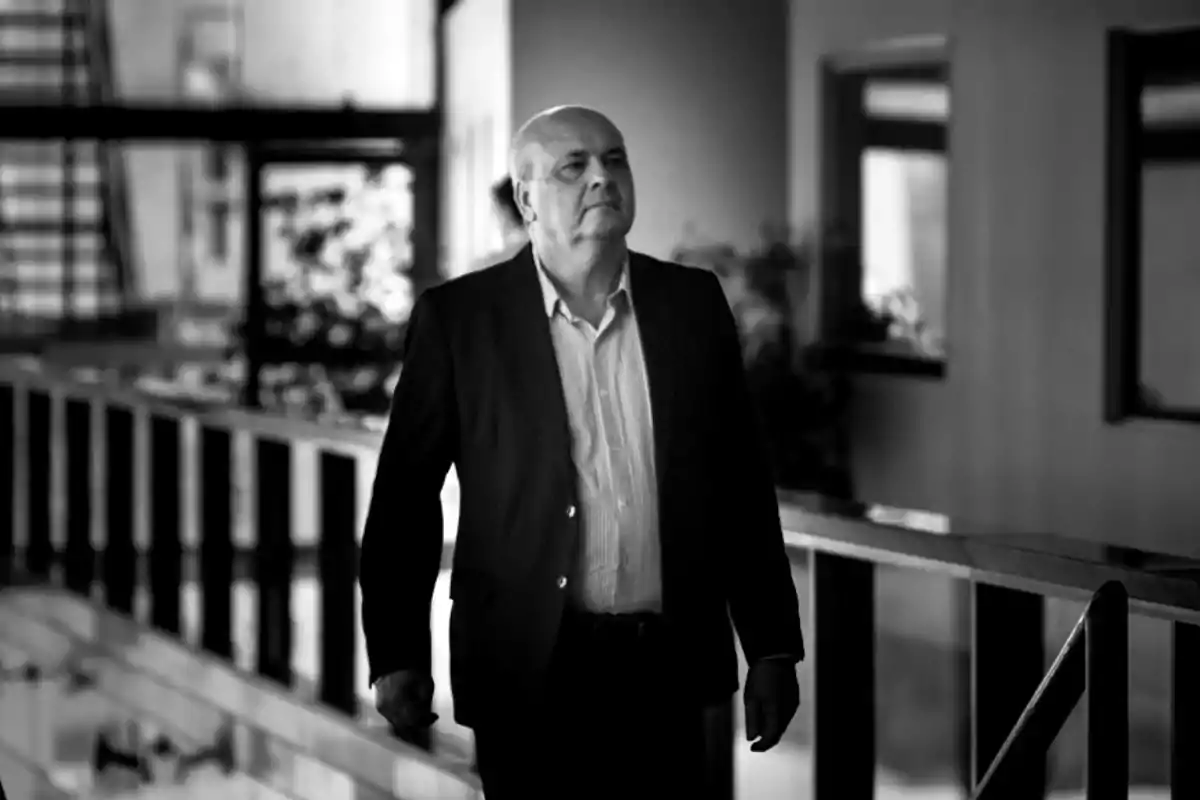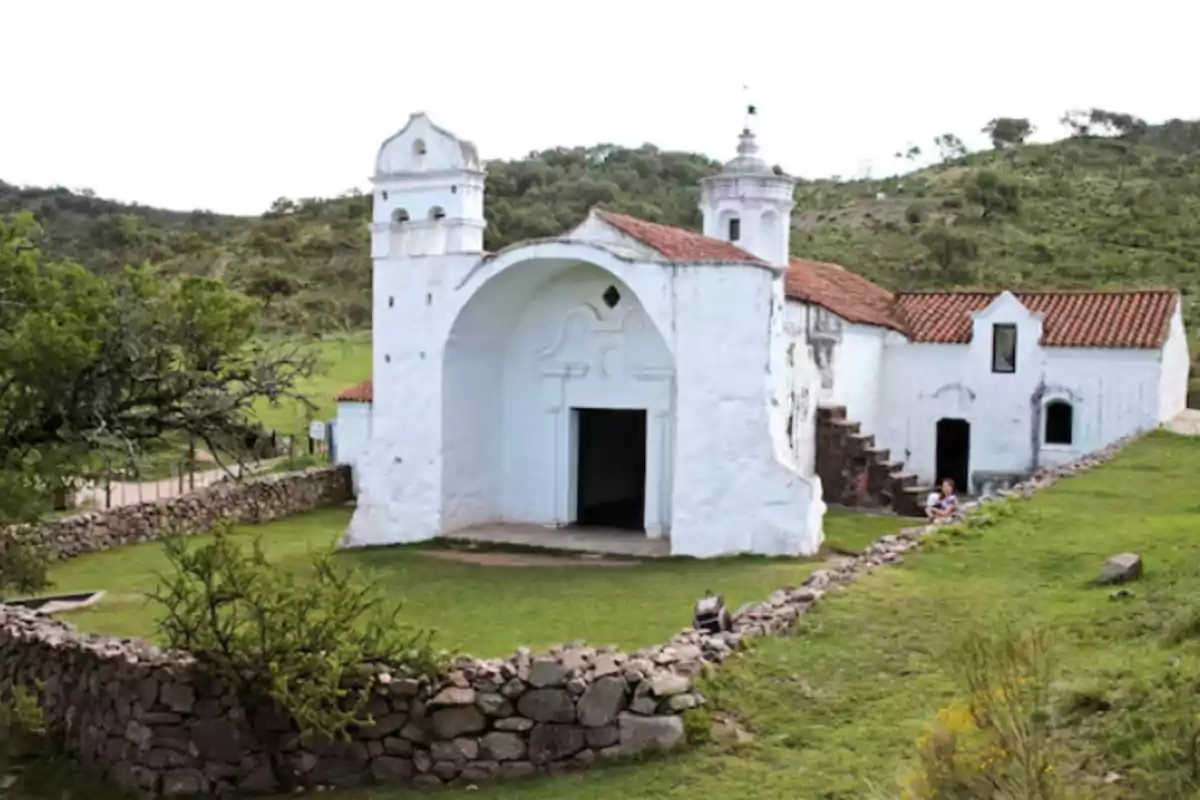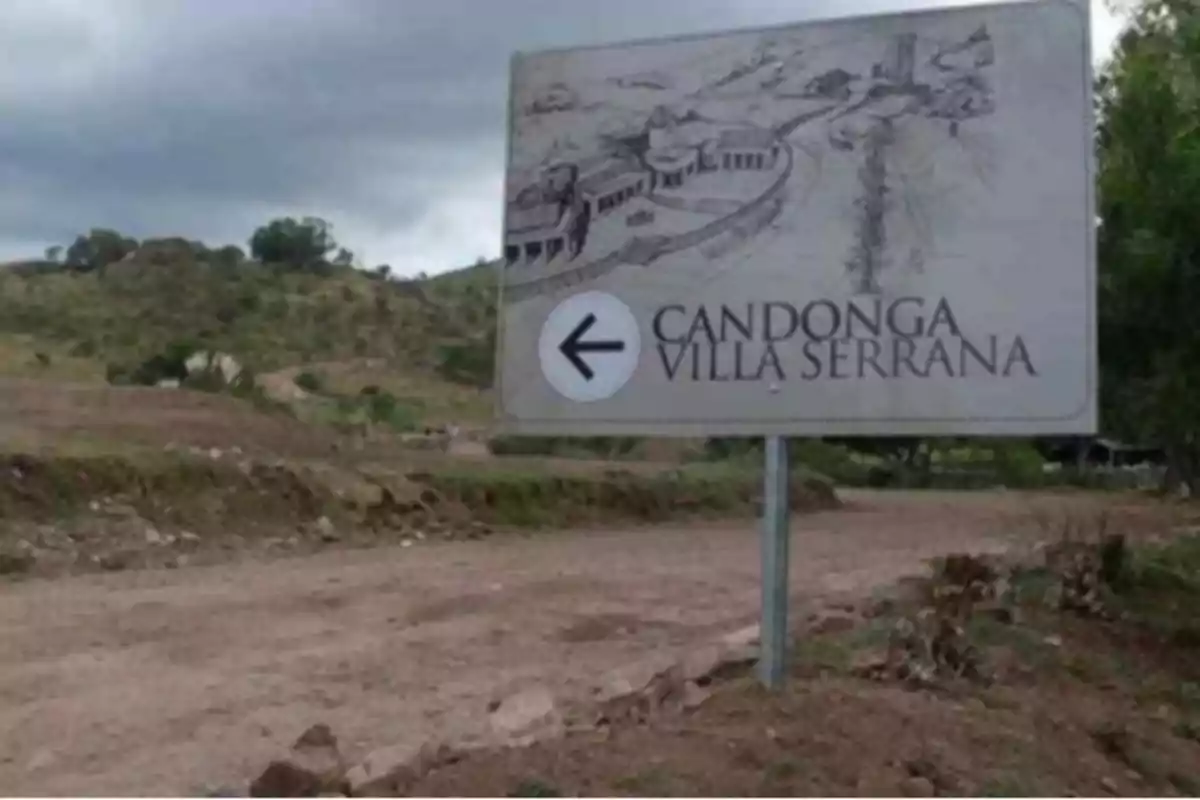
Córdoba: new trial for former Secretary of the Environment Raúl Costa
The former official had already been convicted in May 2023 for similar acts, which occurred in San Antonio de Arredondo
Former Cordobés official Raúl Costawill face a new judicial process for authorizing a subdivision in Candonga in clear contradiction of environmental regulations. The decision was made by Judge Pablo Agustín Cafferata, who endorsed the accusation presented by the Anti-Corruption Prosecutor's Office led by Matías Bornancini. The case file states that Costa signed an authorization in 2010 even though it was a red zone with maximum environmental protection.
Costa was convicted in 2023 for similar acts in San Antonio de Arredondo and the sentence became final after confirmation by the TSJ. Back then, he received a three-year suspended prison sentence, six years of absolute disqualification from holding public office, and the obligation to perform community service. That conviction made him the first official affected by a ruling from the Anti-Corruption and Economic Criminal Court.
The new trial places him once again in the debate about how officials must protect the natural resources of Córdoba. The case originates from the subdivision promoted by the company Ticupil SA, which sought to urbanize land near the historic chapel of Candonga. Social organizations point out that Costa's resolution was decisive for the advancement of a real estate project clearly prohibited by current legislation.

Residents mobilized against the works
The Chavascate Residents' Assembly has been demanding for more than a decade against the irregular authorization signed by the former Secretary of Environment. With the slogan "Candonga is not to be touched," the residents filed an environmental injunction seeking to stop the works and repair the damage caused. The sponsoring lawyer, Juan Smith, insists that the company Ticupil SA continues to disregard court rulings and move forward with its project.
On several occasions, the courts issued measures to stop the construction of homes and the clearing of native forest, but the work was resumed again and again. The Assembly keeps that without firm punishment for the political officials responsible, the threat to the area will persist.
The affected area is within the upper middle basin of the Chavascate River, recognized for its ecological value and the presence of native vegetation. The residents report that the subdivision destroys the mountain landscape and puts at risk the watercourses that supply the region. For them, the complicity of officials like Costa explains the fragility of environmental controls in Córdoba.

Background of a previous conviction
The strongest precedent against Costa is the conviction he received in 2023 for authorizing urban developments in San Antonio de Arredondo. There, he authorized Gama SA to intervene in properties of the Valle del Cóndor Recreational Reserve where regulations prohibited clearings or constructions. He also approved, without environmental impact assessment, an energy project by Epec in the same locality, which aggravated the accusation against him.
The 10th Criminal Chamber established that he committed two acts of "abuse of authority" and that decision was later confirmed by the TSJ. The court ruling set a relevant precedent because it established that officials must be held criminally responsible if they violate environmental regulations. That sentence laid the groundwork for what will now be a new judicial debate regarding Costa's public responsibility.
Between 2007 and 2011, the period in which he held office, Costa signed resolutions that favored real estate projects without the required technical studies. The prosecutor's office asserts that those decisions violated both the national law for the protection of native forests and provincial legislation. The new trial will determine whether the former official receives another conviction for having allowed a subdivision that should never have been authorized.
More posts: